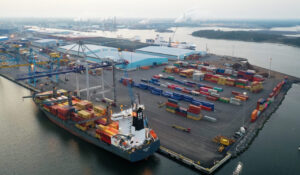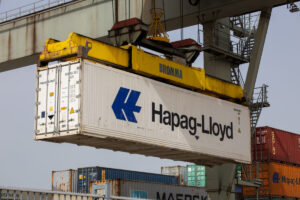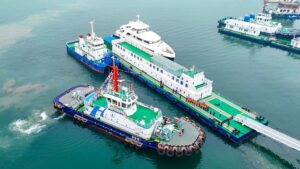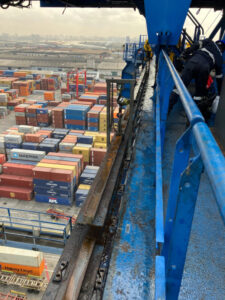Disruptions affecting Canadian Pacific Kansas City (CPKC) rail operations in the US Gulf states are causing delays and congestion for carload and intermodal freight, with repercussions felt across North American supply chains.
Bottlenecks have emerged in Louisiana and Mississippi, disrupting the intermodal flow of goods between Mexico and the southeastern US.
Delays in rail services are leading to extended dwell times for containers at terminals, and some shippers are reporting difficulties securing timely intermodal equipment and space on trains.
CPKC has acknowledged the disruptions and is implementing an action plan to address service delays.
READ: CPKC railway merger comes to life
While the primary impact is on rail and intermodal traffic, the effects are rippling through the broader logistics network, particularly ports and terminals that depend on timely rail connections for the onward movement of containers.
These challenges may risk compounding an already fragile global supply chain, which is currently grappling with its most severe congestion levels since the COVID-19 pandemic.
Recent data from Tradlinx shows that 96 per cent of major container ports are experiencing operational disruptions, with average vessel wait times stretching beyond 10 days in some locations. As ports such as Singapore, Cape Town, and Rotterdam face mounting backlogs, the broader system is under increasing strain.








